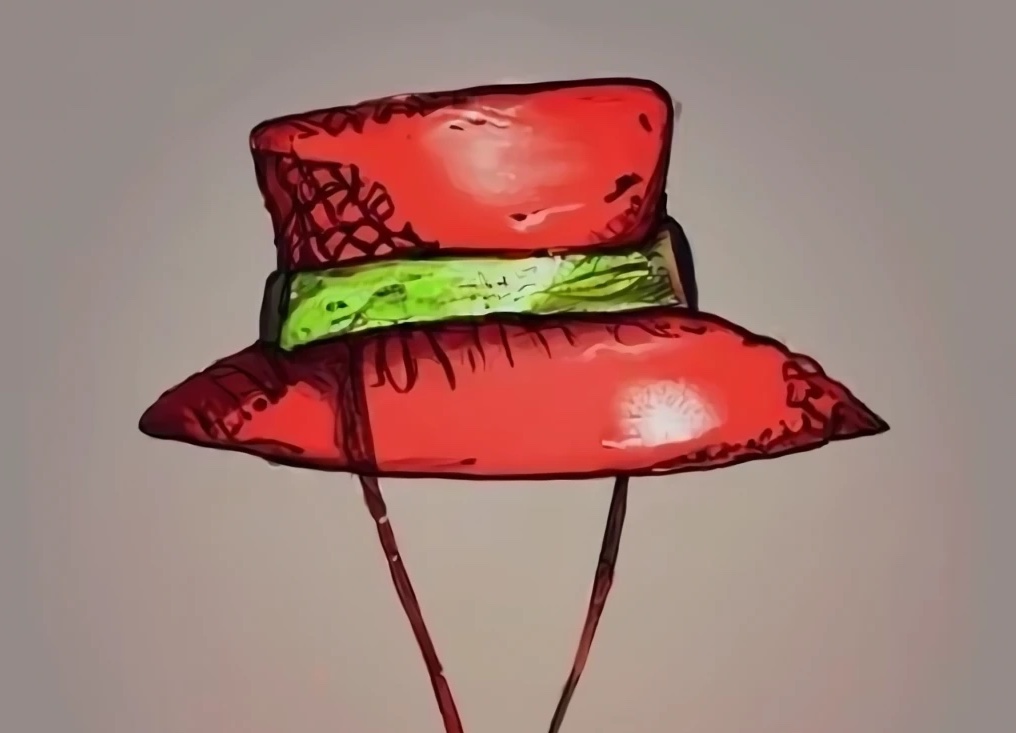German Idioms are part of everyday language use and a great way to articulate something that often cannot be summed up with a hundred words.

This article examines some commonly used German idioms, sayings and proverbs around items of clothing which lend themselves perfectly to form metaphors. We’ll illustrate their meanings, give examples and delve into the etymology of the most interesting German proverbs or those that aren’t entirely obvious.
We dress from head to toe as the weather demands. You probably became familiar with vocabulary around clothing when you first started learning German through your parents, at school, at Uni, with a German tutor, perhaps, or using language apps.
Let’s start with the hat people wear to protect themselves from the elements. Ein alter Hut describes something which is no longer news. Der Hut brennt indicates a dicey situation that requires remedy. Hut ab ! is the German equivalent to Hats off ! When someone says Wer hat den Hut auf? they enquire about who’s in charge. A German loan translation from English is the expression seinen Hut in den Ring werfen – to throw one’s hut in the ring. Den Hut nehmen müssen, however, means to have to pack one’s bag and go.
The German word for coat is Mantel from the Latin mantus. Der Mantel des Schweigens is most likely another calque from English: cloak of silence. The derogatory term seinen Mantel nach dem Wind hängen is best deployed to describe a turncoat.
Jemandem ist das Hemd näher als der Rock goes back to Trinummus by the Roman playwright Plautus and refers to someone whose own vantage is more important to him than concerns for others. Money becomes irrelevant when one meets their maker and is expressed in German by the saying Das letzte Hemd hat keine Taschen – the last shirt has no pockets. The superstitious alternate enumerating with either a yes or a no of your shirt’s buttons, whereby the final yes or no decides the fate, is the origin of the German proverb sich etwas an den Knöpfen abzählen.
Interestingly, there is no known German idiom involving Lederhosen, but plenty of expressions involving Hosen – trousers in English. Note that Hose is singular in German but a plural noun in English. Die Hosen anhaben – possibly from a fifteenth-century satirical poem by Heinrich Wittenweiler and, therefore, most likely a loan translation or Germanism for the English saying to wear the trousers. Of someone with bowlegs, Germans say they had their trousers ironed over a barrel – die Hose über ein Fass gebügelt haben. For the record, there is no German equivalent idiom for the English expression to go commando!
The two items of clothing covering our feet offer an array of German proverbs: jemandem etwas in die Schuhe schieben – to lay the blame at someone else’s feet. The German saying Wo drückt der Schuh? – What’s on your mind? goes back to Conigalia Preacepta by Plutarch when a man replies to why he divorced his wife that the shoe is nice to look at and new, but no one apart from him knows where it causes him pain. Aus dem Schuh kommen is a German idiom deployed when we express the overcoming of inertia. On that subject … when are you starting to learn German?

One thought on “Hats off! More German idioms”